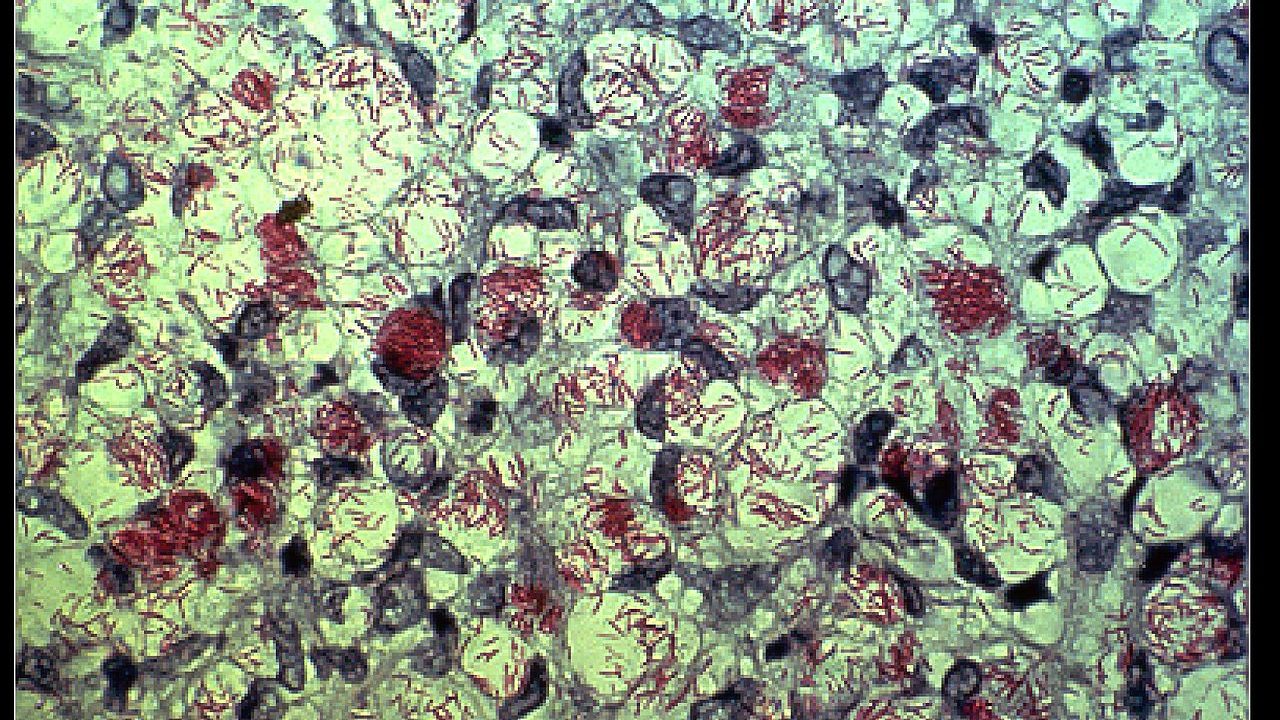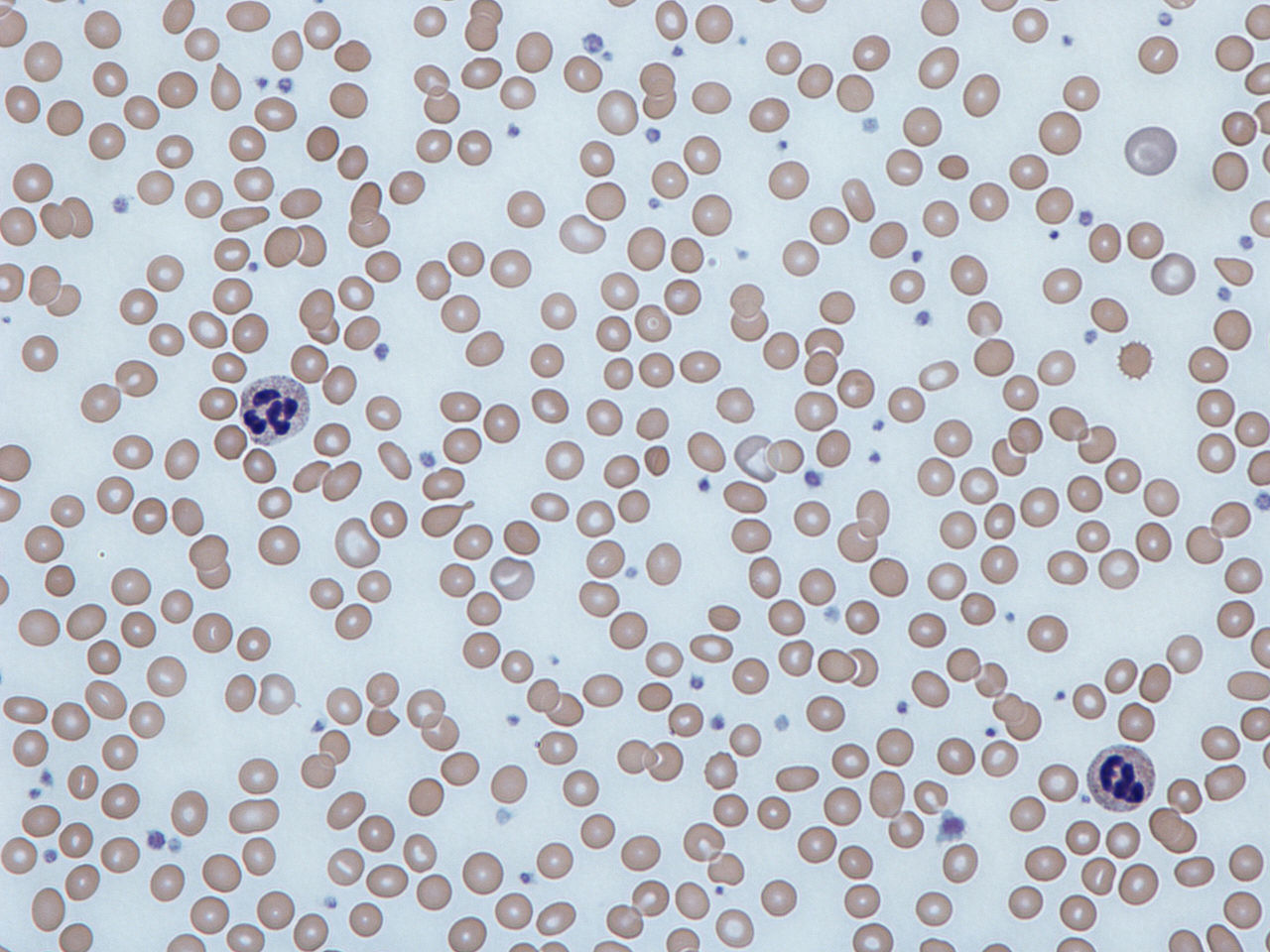
Lack of Awareness and Timely Intervention Resulting in Leprosy Disabilities
- News
- 1.5K
Delay in the detection of leprosy symptoms is leading to a high proportion of visible deformities among the patients, a new study has shown.
The delay in diagnosis occurs at both patient level as well as the healthcare provider level. It is contributing significantly to disability among adult leprosy patients. A major proportion of patients who were surveyed did not know that the symptoms they experienced were of leprosy and often believed that the symptoms would disappear by themselves. The patient delay found was of over three months, while health care provider delay of over one month.
The study suggests thrust on raising awareness among communities about leprosy symptoms, the consequences of late detection and availability of leprosy care in public health institutions. Researchers suggest carrying out early detection campaigns. The study was undertaken in Andhra Pradesh, Delhi, Gujarat, Maharashtra, and West Bengal. A total of 1400 new leprosy patients across were interviewed by trained researchers.
Leprosy is a chronic infectious disease caused by Mycobacterium leprae. It is a public health problem due to the disabilities it causes and the costs associated with its management. Left untreated, it may cause progressive and permanent damage to the skin, nerves, limbs, and eyes, thus leading to disabilities. The disease mainly affects the skin, peripheral nerves, mucosal surfaces of the respiratory tract and the eyes. The exact mechanism of transmission of leprosy is not known.
“The findings of the study are important because it has shown that a minimum of three months’ delay on part of patients can be a significant indicator of patient disability in later stages. Earlier studies had shown this time period to be one year,” commented Srinagar-based Dr. Feroz Ahmad Wani, a community medicine expert who was not associated with the study.
The study, published in the journal PLOS Neglected Tropical Diseases, was done by researchers from Dr. MGR Medical University; Global Data Research Centre, Hyderabad; German Leprosy and TB Relief Association, Kolkata; Composite Regional Centre for Persons with Disabilities, Devanagere; and the University of Wurzburg-Germany. (India Science Wire)
If you liked this article, then please subscribe to our YouTube Channel for the latest Science & Tech news. You can also find us on Twitter & Facebook.


